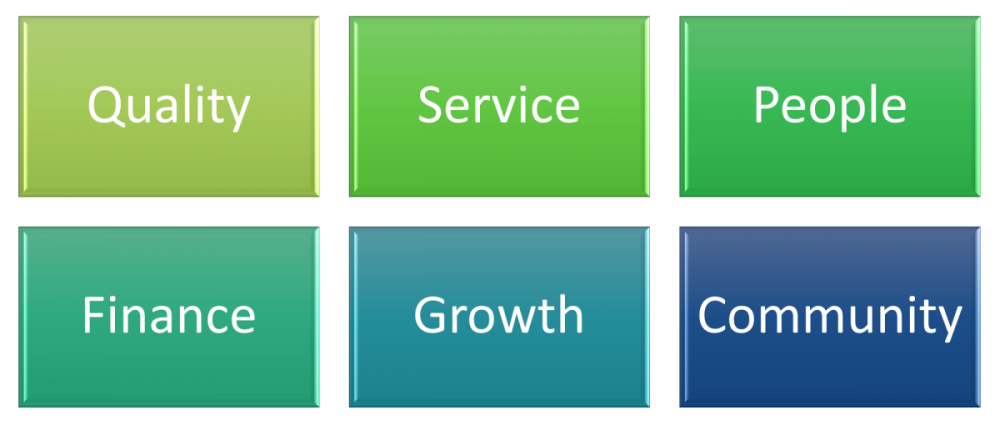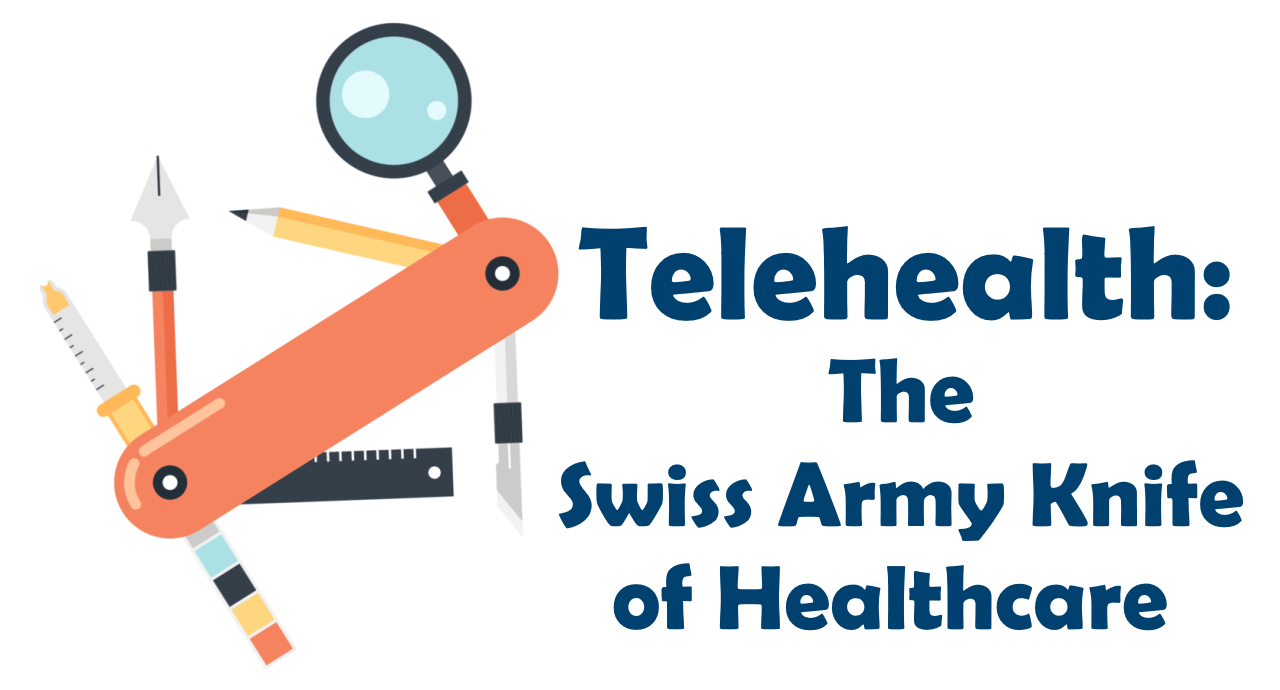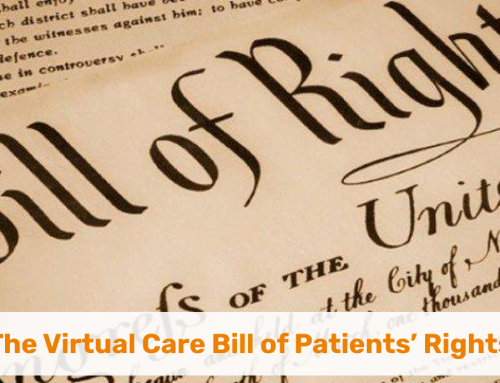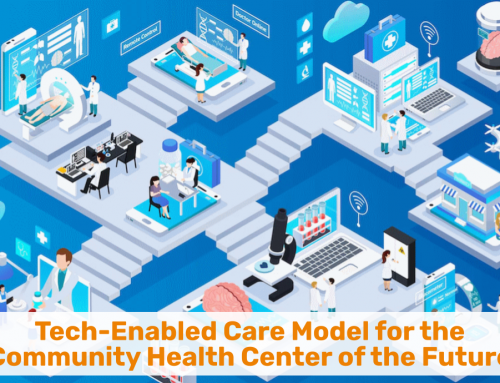Most Healthcare Organizations’ Strategic Plans follow pretty much the same blueprint, covering the same six or seven areas, including quality, service, people, finance, growth and community.
As Healthcare Organizations’ maturity regarding the use of digital health and telehealth technologies improves, healthcare leaders can start to leverage telehealth and digital health solutions strategically by using them to drive their strategic outcomes, rather than merely using telehealth to support the objectives.



Quality
Quality in Healthcare is often defined as clinical excellence regarding patient outcomes and through the required quality/reporting metrics defined by rules and regulations.
With regard to patient outcomes and other common clinical quality metrics, telehealth can move the needle in the right direction in many ways. For example, remote physiologic monitoring (RPM) can be used for readmission prevention; pre-admission tele-screening or tele-rounding in nursing homes reduces unnecessary ER utilization or admissions; and access to specialty services for patients with chronic diseases (e.g., asthma) can improve therapy compliance due to fewer missed appointments.
Service
From a customer service perspective, telehealth — especially convenient access for the appropriate services, such as follow-up visits or consults without the need for an exam — can provide a high-quality customer experience and send satisfaction and net promoter scores through the roof. Last fall I launched a telepsychiatry service for patients in rural Maryland (with a provider from Texas) and the net promoter score has consistently been between 75 and 80. Patients love the convenience and the mere fact that otherwise they’d have to travel an hour or more to get access to psychiatric services.
But service is not only about access or about the experience, but also about the breadth of service offerings. Here, too, telehealth can help to bring new services such as genetic counseling or pediatric cardiology as a service offering to organizations.
People
Healthcare, like any other service industry, is ultimately about people. Healthcare, unlike any other service industry, has also the most complex multi-stop service delivery process. Just count in your mind the number of staff you are likely to interact with in an urgent care service, let alone a hospital visit for a procedure with an overnight stay. From the moment you schedule your appointment to the time the bill is paid, dozens if not scores of people are involved in rendering all aspects of that service.
Since the creation of a new telehealth service is an exercise in clinical care design (and not merely a technology implementation), it presents a wonderful opportunity to redesign the processes and workflows by which that service is rendered. It is through the engagement of physicians and nurses and schedulers and billing analysts that in my work with healthcare organizations I not only get the buy-in to minimize the impact of these big organizational changes, but achieve the design of workflows that lead to a high degree of engagement and satisfaction.
Additionally, telehealth and digital health experience is quickly becoming a “must” on clinical resumes and the best talent in the marketplace recognizes the need for opportunities to learn these “new” technologies so as to not be left behind.
Telehealth is therefore a great tactical tool for organizations to improve staff satisfaction and to attract and retain the best talent, by offering experiences in redesigning the delivery of care.
Telehealth as a Tactical Tool, part 2
In next week’s article, I will cover how telehealth can be used to save cost (Finance), expand market share and utilization (Growth) and serve a healthcare organization’s strategic objectives around being a great member of the Community.








To receive articles like these in your Inbox every week, you can subscribe to Christian’s Telehealth Tuesday Newsletter.
Christian Milaster and his team optimize Telehealth Services for health systems and physician practices. Christian is the Founder and President of Ingenium Digital Health Advisors where he and his expert consortium partner with healthcare leaders to enable the delivery of extraordinary care.
Contact Christian by phone or text at 657-464-3648, via email, or video chat.







Leave A Comment